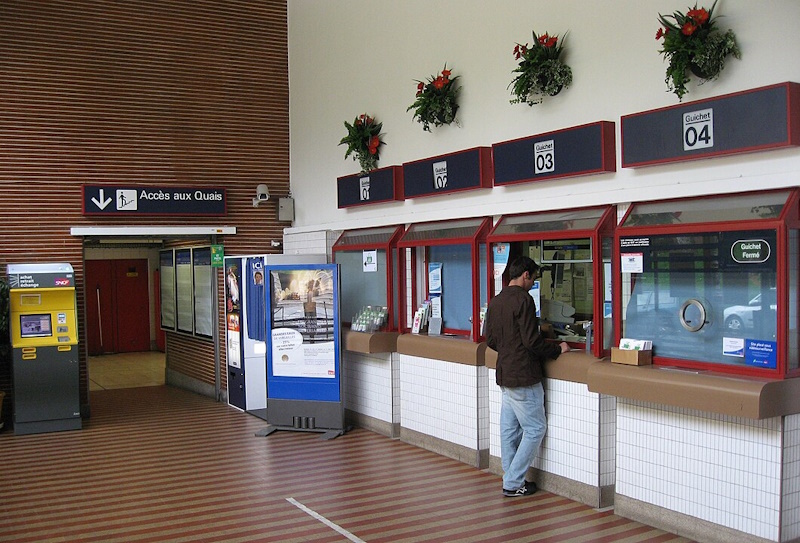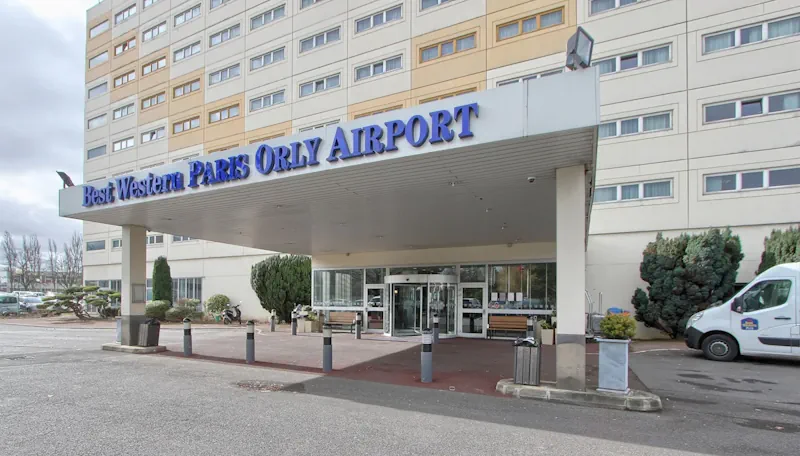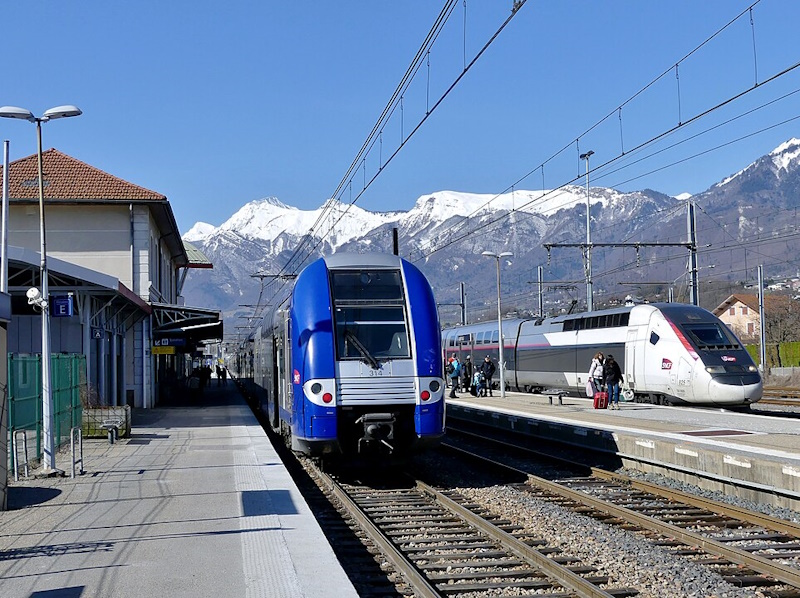12 Travel Booking Tips During Strikes in France (Avoid a Ruined Trip)
Strikes are a normal part of life in France. They don’t always ruin a trip, but they CAN if you’re not ready.
Here’s how to book smart and stay flexible when planning travel around France.
1. Watch for strike-prone days
Strikes often fall on Thursdays. They also hit before or after school holidays, or when major political decisions are being announced.
If your trip overlaps with one of those weeks, assume at least one disruption. Check French news sites like Le Parisien or set up alerts on SNCF and RATP apps a week ahead of your trip.
2. Choose flexible train tickets

SNCF lets you choose refundable or exchangeable fares for most routes. It’s often just a few euros more.
If a strike is announced, you’ll be able to move your booking without dealing with customer service delays or losing your money.
Look for “échangeable” or “remboursable” labels when booking.
3. Don’t book tight connections
If your itinerary depends on catching a flight right after a train, or jumping between two rail lines, give yourself a bigger buffer than you think you need. Two to three hours minimum.
During strikes, connections fall apart fast. Even short metro rides between Paris train stations can become impossible if lines shut down or the streets are gridlocked.
4. Avoid early morning and late-night trains

These are the first to disappear from the schedule during strikes. Night staffing gets cut, and early morning departures often get scrapped to simplify operations.
Aim for trains that depart between 10 a.m. and 3 p.m., those are your safest bets. They’re also easier to rebook if needed.
5. Book hotels or Airbnbs with flexible cancellation
Don’t lock yourself into a non-refundable stay if your whole route depends on a train showing up.
On Airbnb, filter by “free cancellation until check-in.” On Booking.com or Hotels.com, check if your room allows cancellation up to 24 or 48 hours in advance.
It’s worth the small extra cost if you need to rearrange plans fast.
6. Stay near your airport the night before departure

This applies especially to CDG and Orly. Getting to Paris airports during a strike is risky -RER B might run on a reduced schedule or not at all. Taxis can be booked solid. Even rideshares like Uber or Bolt often surge in price or disappear completely.
A hotel near the terminal gives you peace of mind the night before an early flight.
7. Use booking platforms that refund easily
If you’re booking tickets to the Eiffel Tower, a Seine cruise, or a day trip to Champagne, make sure you can cancel without hassle.
Big platforms like GetYourGuide and Tiqets are generally reliable for quick refunds if your activity is canceled due to strikes. Smaller tour providers often don’t have the same flexibility – read the fine print.
8. Keep screenshots of all bookings
Wi-Fi might fail. Train station apps might crash under heavy use. Staff might not speak English. Having screenshots or PDFs of your train tickets, hotel bookings, and any tour confirmations makes everything easier.
Many conductors will accept a screenshot if the app won’t load – but not if you have nothing.
9. Don’t rely on just one train route

Have a backup. If you’re heading to Avignon, look at trains going to Nîmes or Arles. Visiting the Loire? Check other stops like Tours or Blois. France’s rail system is dense, and regional alternatives or coach buses can save the day.
An app like SNCF Connect or Rome2Rio helps map out alternatives in case your main route disappears.
10. Plan your walking days accordingly

Some days you won’t want to count on transit at all. Plan those days in compact, walkable areas.
In Paris, Le Marais, the Latin Quarter, and Montmartre can fill a whole day without needing a single metro ride. Same goes for historic city centers in Lyon or Bordeaux.
Keep the heavy logistics for non-strike days.
11. Skip tours that rely on regional trains
If your tour requires a TER or RER train to reach a vineyard, village, or château, there’s risk. These lines are often reduced during strikes, with no replacement service.
Unless the company provides a private transfer or allows free rescheduling, you could end up out of luck (and out of pocket).
12. Don’t overcommit to passes

A museum pass or rail pass might seem like a good deal, but only if everything is running. If strikes close half the sites you planned to visit, or trains get canceled, those passes can end up being wasted.
Buy as you go if your trip overlaps with a known strike period or high-risk week.

